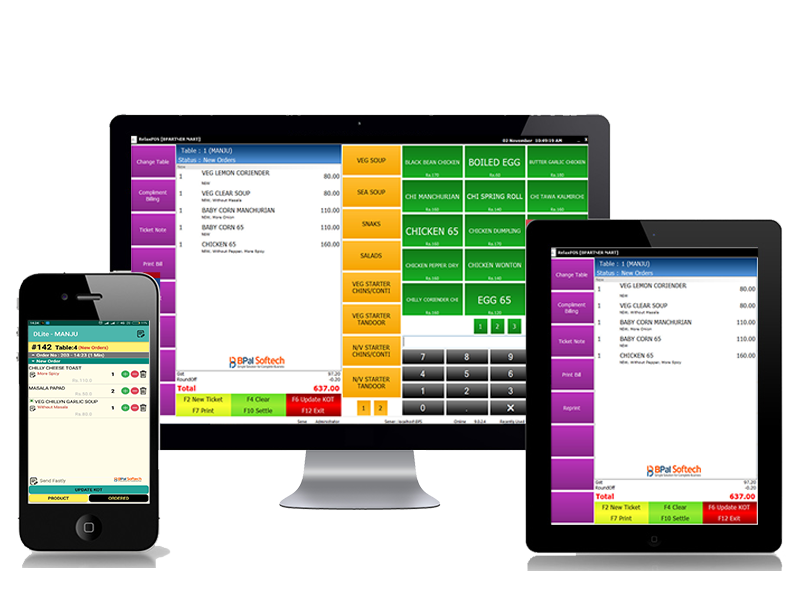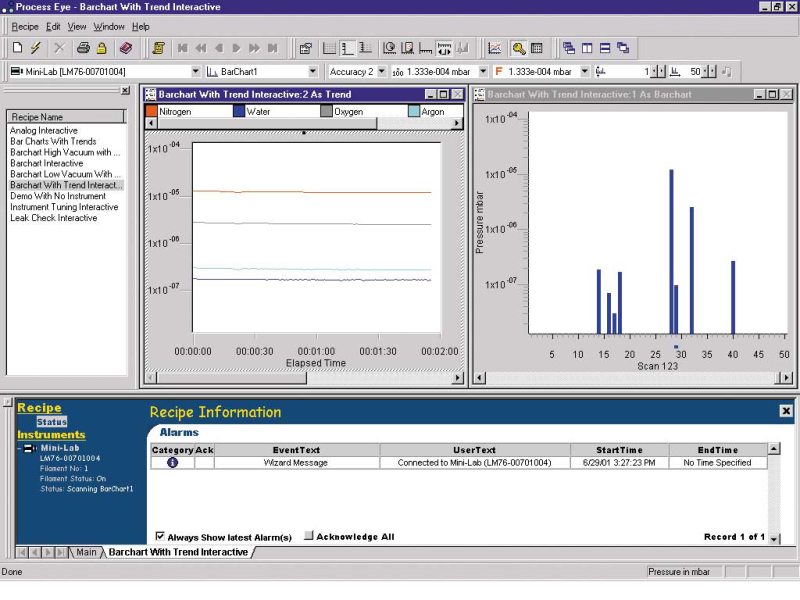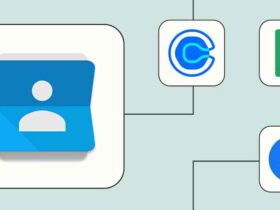Enterprise resource planning (ERP) could be a software platform that organizations use to integrate multiple business-critical processes in a single system. A Company Resource Planning System enhances company development by managing day-to-day business activities for example crm, accounting, core HR, procurement, project management software software software, risk management and compliance, and supply chain operations. An ideal mixture of key aspects that fit the company result in their ideal ERP System.

Benefits:
Enterprise resource planning software owes being able to centralization of critical data within the cloud database that departments in the organization can use to improve work function. Major advantages of ERP include:
Integration of company: Obtaining a uniform platform, ERP helps companies publicize cause real progress and teams share their plans with each other. Independent teams who have the identical data compares notes across sectors, increasing the business proceed.
Error Reduction: Repair of multiple documents and spreadsheets results in variable errors that simply cannot be resolved without human intelligence- or hard physical work. This is often avoidable when all departments make use of the same software to produce databases.
Reduced Software Subscription: Watch process offers its very own tools to complete the job. However, instead of getting to cover for many arbitrary subscriptions for logistics management, core HR, procurement, project management software software software, and inventory software, teams purchase just one platform that handles every one of these tasks in the current technological system.
Effective Communication: ERP Software produces a great chance to get rid of communication barriers between customers and employees, furthermore to hierarchical communication inside the organization. The ERP system functions because the single method of getting truth, giving stakeholders and employees reassurance.
Impact on Inventory:
Companies anticipate demand. Whether or not they sell services or goods, they have to keep more sources on hands for future options. Round the massive, what this means is involve inventory tracking and analysis. Barcodes are really substituted with sophisticated antenna technology like RFID tags, geofencing and biometric analysis. ERP Systems can track products furthermore to human sources from admittance to exit. Artificial Intelligence integration might help make suggestions to reduce inventory and repurpose finances furthermore to reorganize storage.

Type in the Cloud:
Formerly, companies frequently have battled to balance traditional ERP’s expense and complexity against the advantages of customized features and versatility, all while racing to satisfy the company goals. Cloud services, particularly, the program-as-a-Service (SaaS) delivery model for ERP is run on a network of remote servers instead of in the organization’s server room. The cloud company manages & maintains the program furthermore to updates it periodically, usually multiple occasions each year, instead of coping with exchange the whole on-premise hardware every 5-ten years.
ERP Applications are highly beneficial and efficient at just what it does. However, to be able to maximize gain, the organization need to ensure what they really want remains delivered before they export their data. Scalping systems are pricey and could most likely manage a major slice of important data singlehandedly. Data Security has become worth more than previously, so make certain that the organization includes a strong firewall plan.









